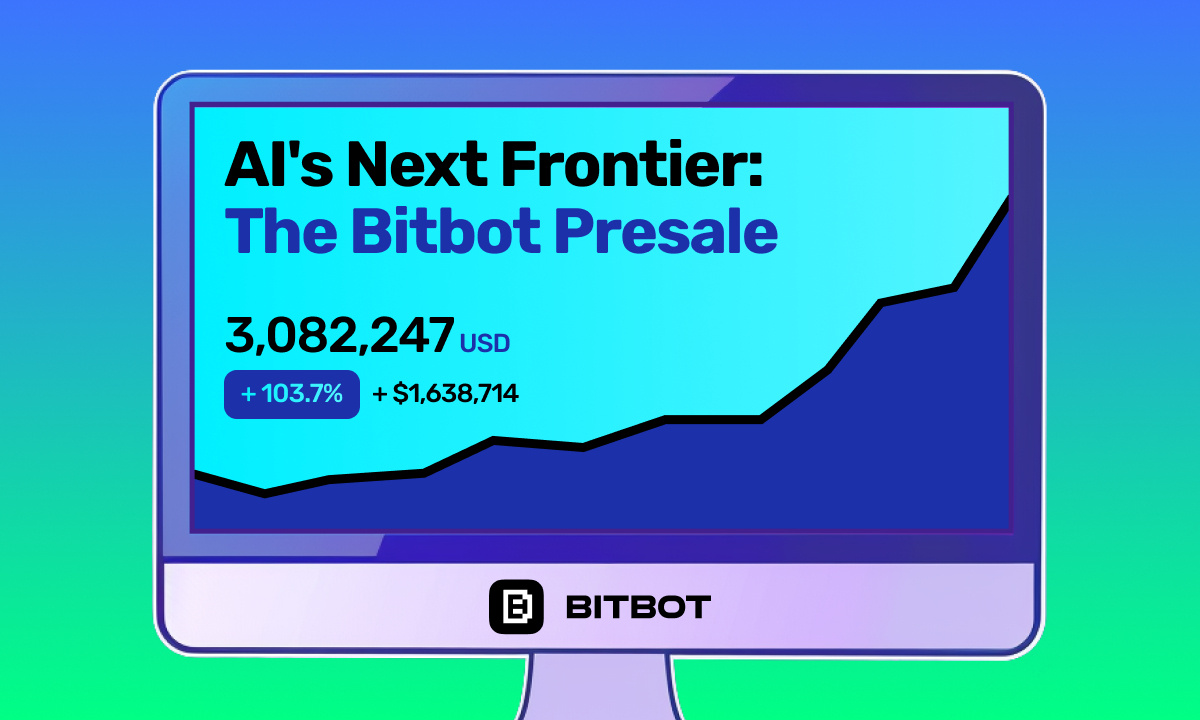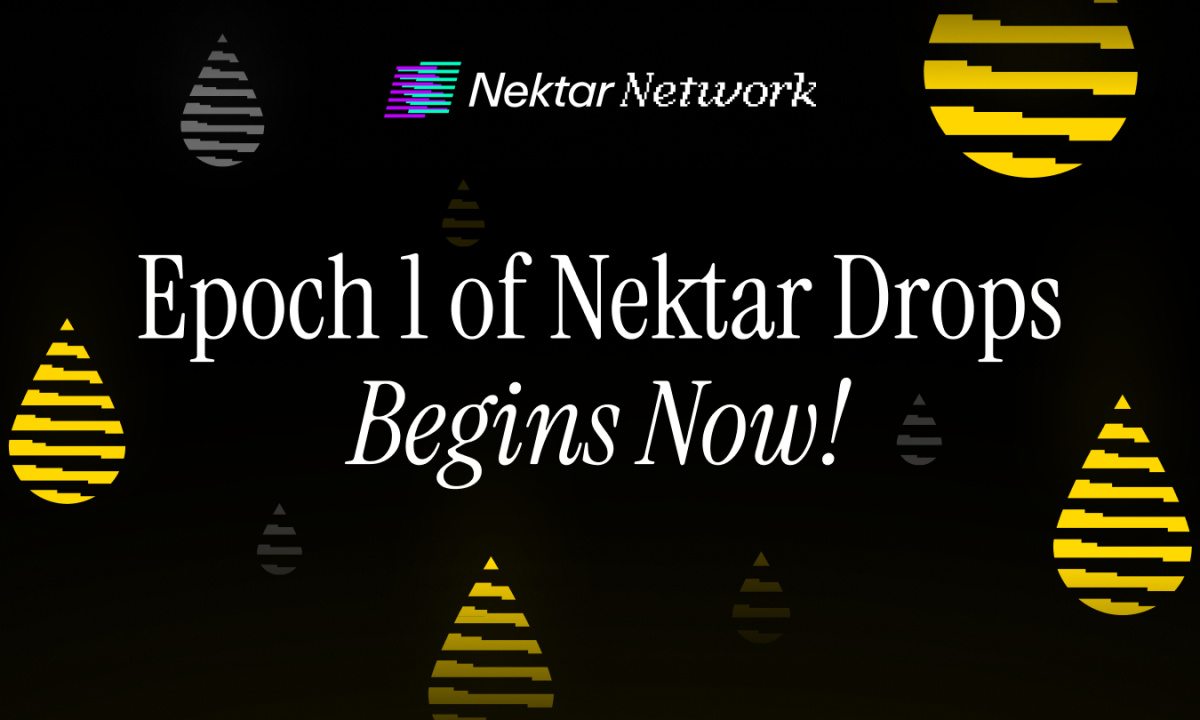Bendigo Bank Takes Stand Against Crypto Scam With High-Risk Payment Blocks
Key Points:
- Bendigo Bank becomes the fourth major Australian bank to block “high-risk crypto payments” in an effort to protect customers from investment scams.
- The bank introduces new rules on instant payments to crypto exchanges, adding friction to certain transactions to combat fraudulent payments.
- Australian cryptocurrency exchanges face limited options to convert crypto to dollars as banking restrictions hinder essential services.
Bendigo Bank, one of Australia’s major financial institutions, has recently joined the ranks of Commonwealth Bank, National Australia Bank (NAB), and Westpac in announcing measures to block “high-risk crypto payments,” Cointelegraph reported.
The move is aimed at protecting its 2.3 million customers from falling victim to investment scams prevalent in the cryptocurrency space.
The bank introduced new rules on July 31, adding “friction to certain genuine payments” to crypto exchanges, as explained by Jason Gordon, the head of fraud at Bendigo Bank. The primary goal behind this move is to combat fraudulent transactions and enhance customer protection.
The spokesperson for Bendigo Bank stated that specific instant crypto transactions identified as higher risk would be blocked, but the bank refrained from providing further details at this time. The bank uses a combination of factors to identify high-risk transactions, but these details were not disclosed.
While this move is intended to safeguard customers, it has raised concerns within the cryptocurrency community, particularly for local exchanges trying to provide essential services to convert crypto into dollars for their customers. The new measures introduced by a wholesale banking provider, Cuscal, jointly owned by MasterCard and Bendigo and Adelaide Bank, have potentially limited the ability of payments providers such as Zepto, Monoova, and Zai to access the Reserve Bank of Australia’s real-time payment system.
Crypto exchanges like Independent Reserve, BTC Markets, and previously Binance Australia relied on Zepto and Monoova to facilitate Australian dollar transfers between banks and crypto exchanges. However, Zepto, under the directive of its banking partner Cuscal, required crypto exchanges to implement appropriate fraud protection controls for their users. Failure to comply resulted in the suspension of services to these exchanges.
Binance, which was one of the largest crypto exchanges in the world, also faced severe consequences in Australia, being removed from a major payments service and banned by Westpac. The decision affected its users’ ability to make PayID deposits and withdrawals via bank transfers.
Critics argue that such banking restrictions may hinder financial services competition and innovation and could potentially drive crypto businesses underground, promoting reliance on cash transactions. The Australian Treasury is now being urged to reevaluate its stance on debanking to strike a balance between safeguarding customers and fostering a competitive financial ecosystem.
As of now, Bendigo Bank’s decision to block high-risk crypto payments joins the growing trend among major Australian banks, raising questions about the broader implications for the country’s cryptocurrency industry. Local exchanges are left with limited options to provide essential services to their customers while complying with the stringent measures imposed by financial institutions.
DISCLAIMER: The information on this website is provided as general market commentary and does not constitute investment advice. We encourage you to do your own research before investing.





















